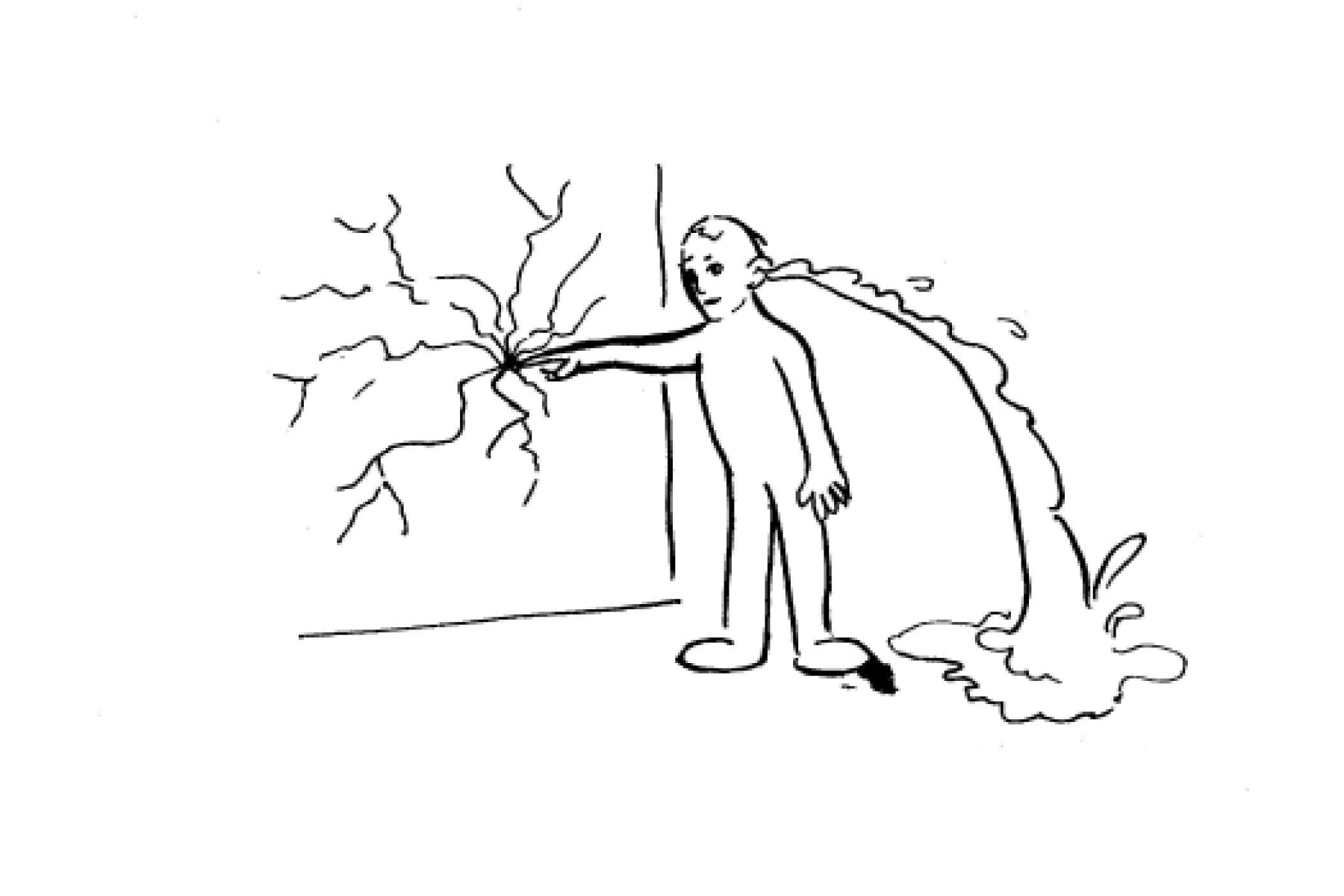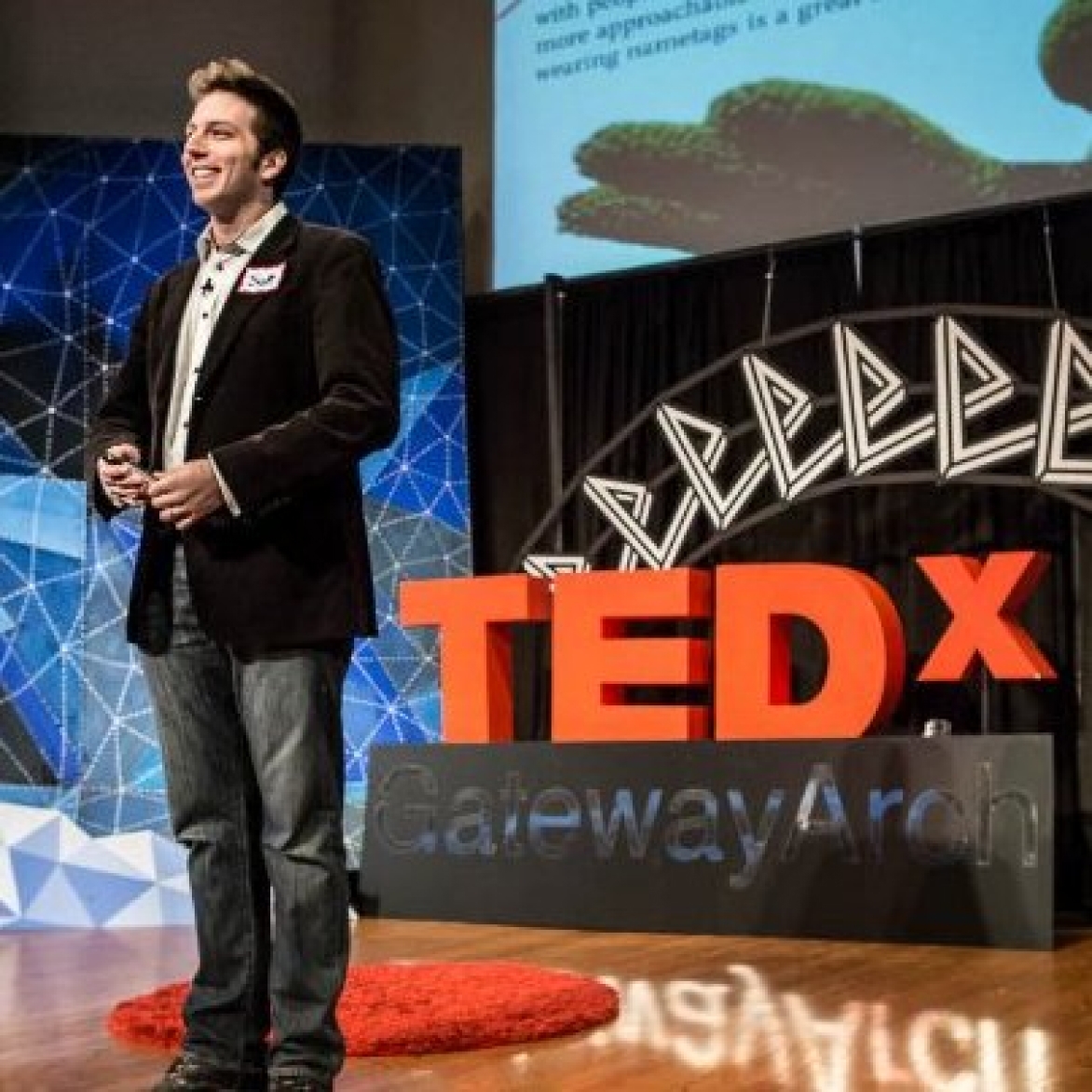272
I get blocked creatively and turn to unhealthy coping mechanisms
Interception

The Context
When you can't do your creative work, difficult feelings arise. Fear, disgust, inadequacy, shame, you name it. Resistance has many disguises, and each one is more seductive than the next. What's your version of that? When creative resistance stands in the way of doing your work, how do you act out to alleviate discomfort? Don't worry, everyone does it. Usually without even thinking twice about it. And considering the fact that almost everything we encounter in this world is custom designed to make us drool and feel inadequate, the gravitational pull is hard to resist. Wouldn't you rather buy domain names than confront your anger?
The Tool
Interception
INTERCEPTION -- Lovingly stepping into your worry stream with a sense wonder to buffer against impulsive behavior
This therapeutic intervention is when you lovingly step into your worry stream with a sense wonder to buffer against impulsive behavior. For example, if you have writer's block and you get the overwhelming sense of urgency that you're one purchase away from happiness, here’s what you can ask yourself instead of filling up your shopping cart. What are you afraid to feel right now? What does this feeling want from you? What catastrophe will befall you if you don’t buy this? And whom might you call to create a safe place to process your emotions? Questions like these give you pause. They personify the extreme parts of yourself in ways that allow you to be affectionate, not avoidant, toward them. They create mindfulness in an otherwise impetuous moment. And they challenge you to stand in the fire of difficult feelings. With enough practice intercepting, soon you will personify the extreme parts of yourself to be affectionate, not avoidant.

Scott's Take
For many years in my career, my modus operandi for overcoming creative blocks was to go online and buy things. Nothing terribly expensive or extravagant, maybe some new records or office supplies. Only took a few minutes. But the money and the time wasn't the point. For me, retail therapy released endorphins and dopamine in my brain, which allowed me to dissociate from my difficult feelings and avoid facing the pain. Worked every time. What's not to like? Only problem with this seemingly harmless habit was, I wasn't growing as a person, and therefore, wasn't thriving as an artist. Instead of building the machinery that regulated emotion, I was running from my own heart. Instead of listening for what wanted to be written, I was taking a materialistic detour around my feelings.
The Rest
What's more, that all becomes grist for the artistic mill. Tell me inspiration for your work won't come out of that conversation. You can literally talk yourself out of impulsive, unhealthy behavior and into creative, productive behavior. Next time you're unable to do your work, try looking in the mirror instead of clicking your mouse. The embers of your next imaginative fire might be waiting for you. What does this feeling want from you?
The Benefits
Overcome creative blocks more consistently
Build a unique pool of inspiration from internal sources
Replace compulsive and addictive tendencies with healthy creative habits
Develop authentic, compelling work that emotionally resonates with audiences